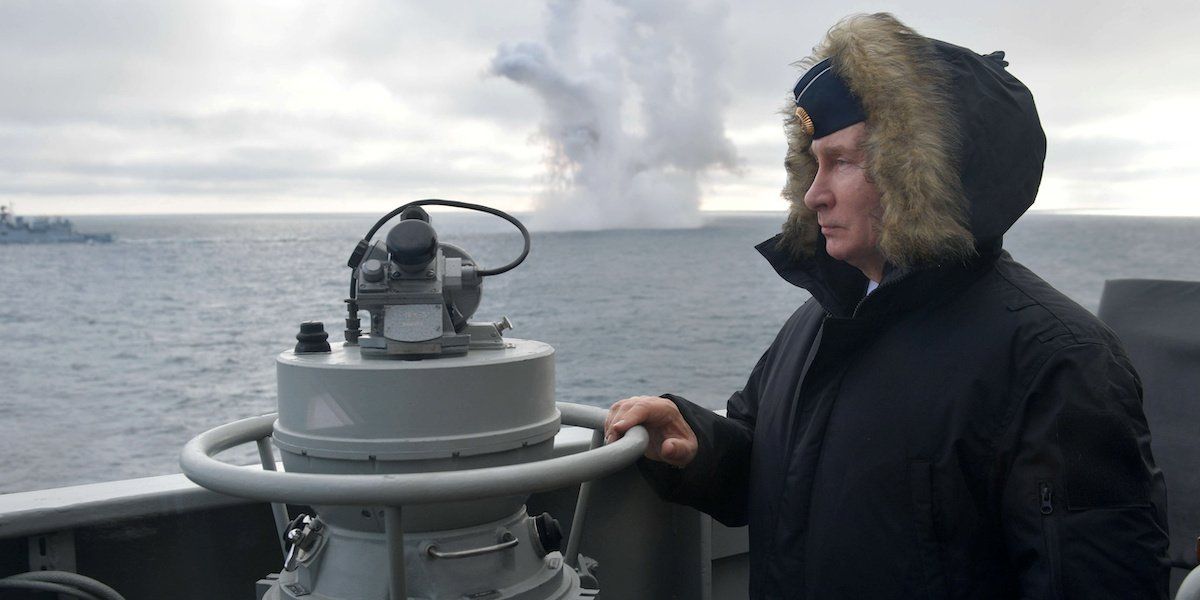It seems Russia wasn’t bluffing about building a naval base in Abkhazia, a breakaway region of Georgia occupied by Russian forces. According to new satellite imagery reviewed by the BBC, dredging and construction appear to be underway at the port in question, and it’s setting off some alarm bells in Tbilisi.
In early November, dozens of Georgian opposition lawmakers expressed firm opposition to the plan in a statement to the EU and NATO, condemning it as part of a Russian effort to annex Abkhazia.
Moscow’s recognition of Abkhazia as an independent state in the aftermath of the 2008 Russia-Georgia war fueled “long-time speculations about its alleged goals to absorb the disputed region,” says Tinatin Japaridze, a native of Georgia and political risk analyst at Eurasia Group. “Such speculations have only intensified recently after the announcement that Russia plans to establish a permanent naval base in Ochamchira, a seaside city on the Black Sea coast of Abkhazia.”
But Georgia’s ruling Georgian Dream Party, which has faced allegations of being pro-Russia, is downplaying the significance of the Kremlin’s plans.
Nikoloz Samkharadze, head of Georgia's Foreign Relations Committee, told the BBC that it will take at least three years for the base to be built. “We are concentrated on imminent threats, and not on threats that might come in the future,” he said.
But Russia’s influence in Abkhazia is already a “source of significant security concerns for Tbilisi,” says Japaridze. This is partially due to the territory’s “proximity to Georgia’s Anaklia deep seaport, a strategically significant Black Sea project to be co-built by the Georgian state with majority ownership of shares,” she adds.
Georgia’s ruling party has so far managed to avoid being pulled into Russia’s war in Ukraine, but if Moscow bases some of its naval assets in Abkhazia, it increases the probability that its fight with Ukraine could come to Georgian territory.
